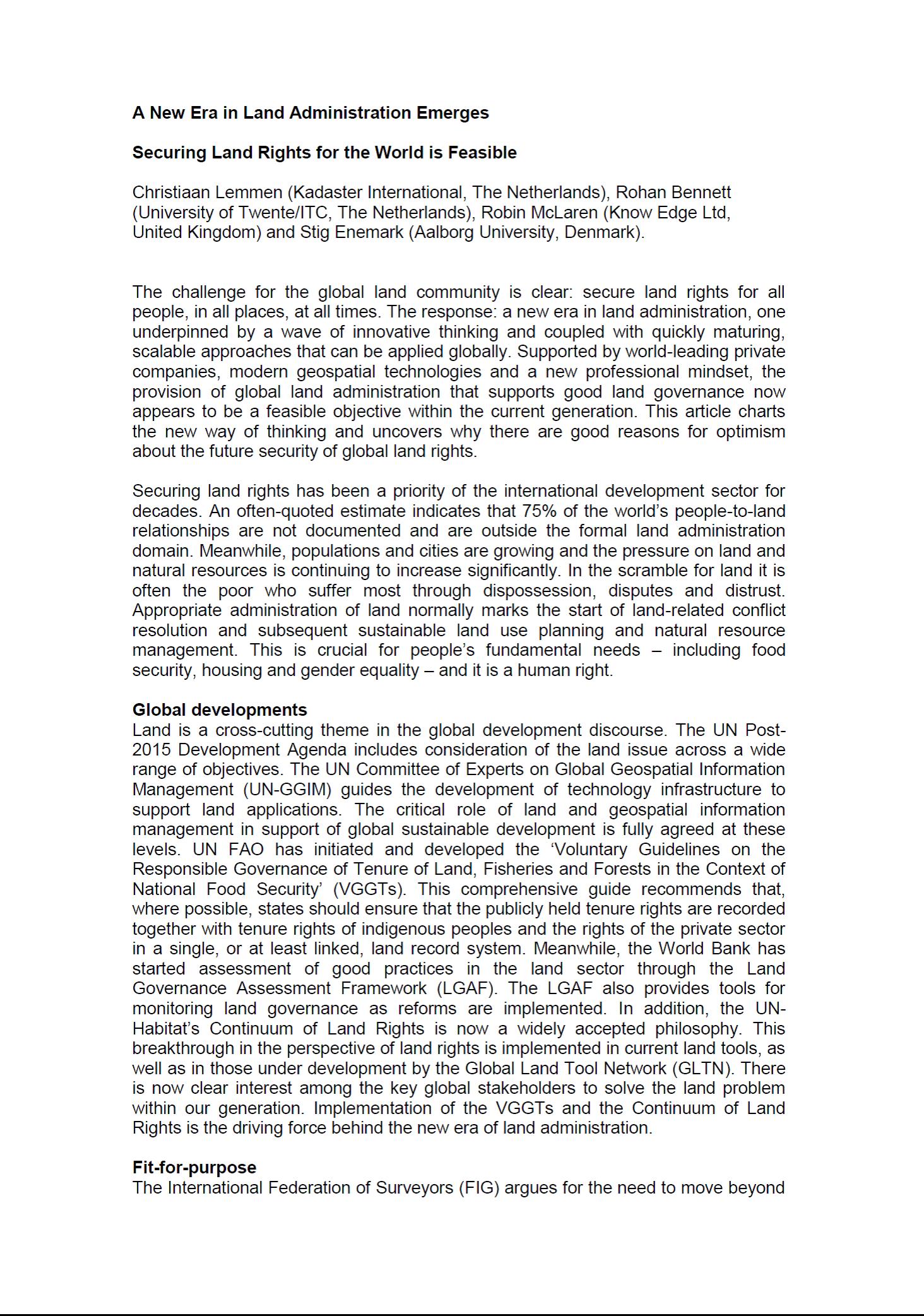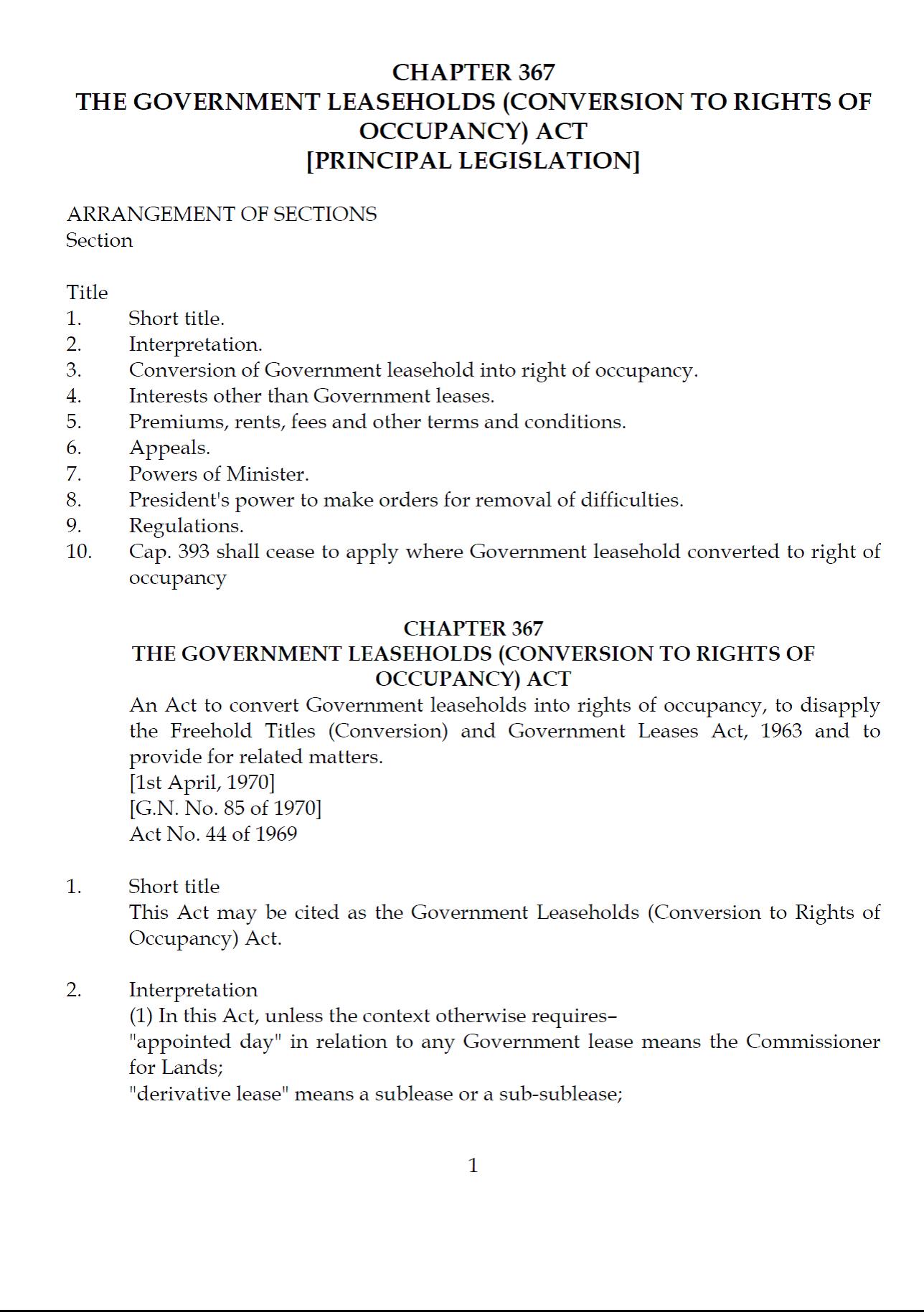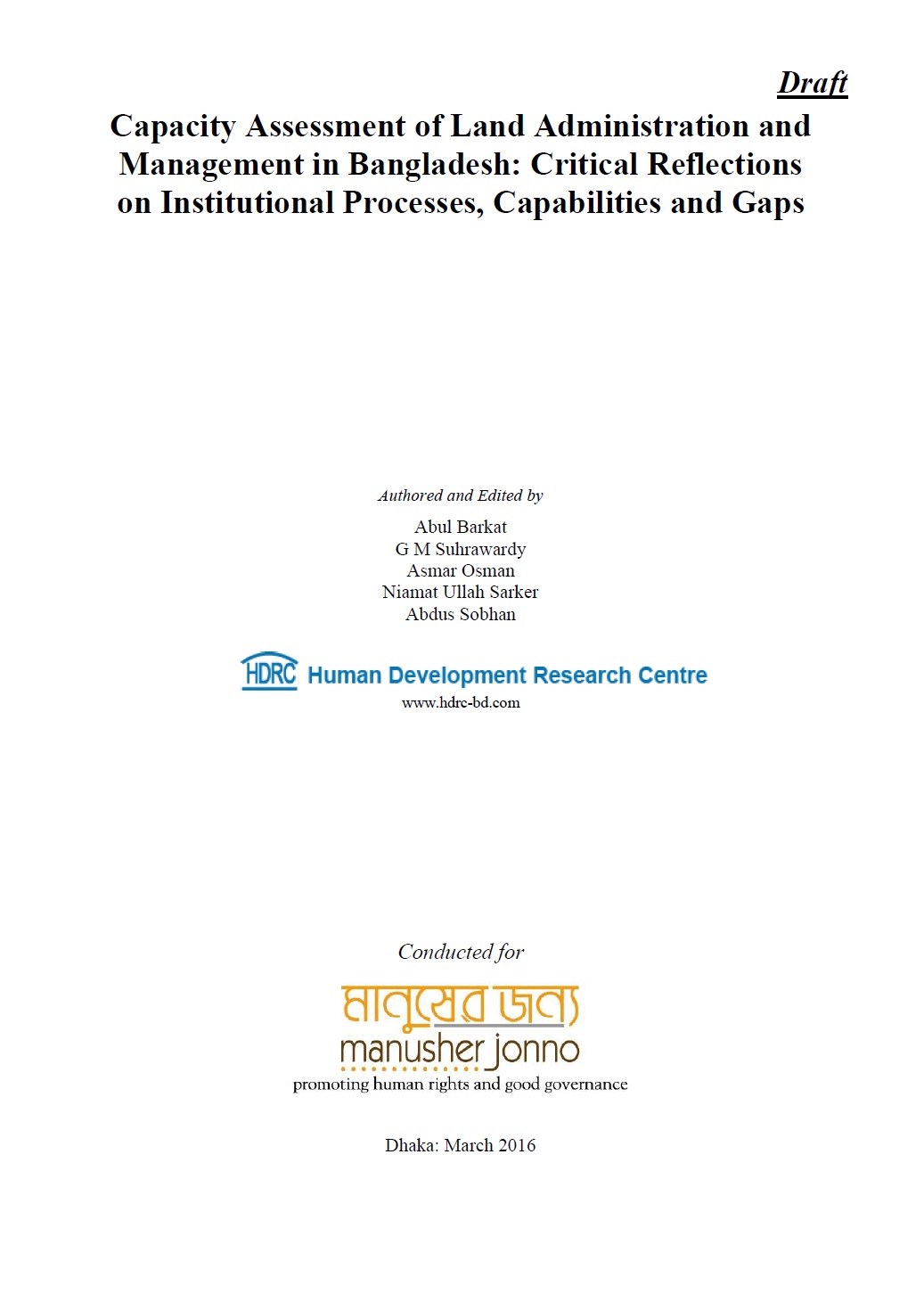Governance of Land Tenure in Central America
Land Tenure Working Paper 18. Presents the main themes that characterize the governance in land tenure and analyses the aspects related to the evolution of agricultural policy issues in various Central American countries. It also offers some examples and lessons learned from new models of land administration and land access mechanisms that Central American governments and International Cooperation have fostered over the past fifteen years in the Region. Available in Spanish
Responsible Governance of Land Tenure: an essential factor for the realization of the Right to Food
Land Tenure Working Paper 15. This publication brings to light the existing linkages between land tenure and the realization of the right to food. It points out that responsible governance of land requires the adoption of human rights-based approach in order to develop coherent and long term solutions to improve people’s livelihoods. The document presents the legal implications of the right to food at national level and provides a series of examples on the implementation of human rights principles and obligations into land tenure systems, policies, and institutional frameworks.
The Government Leaseholds (Conversion to the Rights of Occupancy) Act
An Act to convert Government leaseholds into rights of occupancy, to disapply the Freehold Titles (Conversion) and Government Leases Act, 1963 and to provide for related matters.
Capacity Assessment of Land Administration and Management in Bangladesh: Critical Reflections on Institutional Processes, Capabilities and Gaps
Capacity of local land administration has to be addressed for further strengthening the governance system with a view to deriving the benefits of socio-economic, political and cultural development for the common people of this country. It is true that in Bangladesh, voice in favour of effective land administration and management is becoming louder at the national level. Representatives of LGIs, development workers, civil society members and international development partners, time and again, are raising and firmly advocating this long-drawn issue at policy level.
Non-Citizens and Land Tenure in Kenya: Land Acquisition for Investment in a New Constitutional Era
The acquisition of land by foreigners in developing countries has emerged as a key mechanism for foreign direct investment (FDI). FDI is defined by the Organization for Economic Cooperation and Development (OECD) as the category of international investment that reflects the objective of a resident entity in one economy to obtain a lasting interest in an enterprise resident in another economy.
Land tenure and rural development - Case of Slovakia
The structure of ownership of agricultural land, despite of the developing market with agricultural land in recent years, has not changed considerably. Most of agricultural land in Slovakia is, even after 6 years from the entry of Slovakia into the EU, leased. According to the Structural census of farms (2001), the lease of agricultural land represents 96%, in 2010 it was 91% (EUROSTAT, 2010).
Spatial properties of large agricultural landholdings of Estonia
The fragmentation of landholdings is considered as disturbing factor for agriculture. The aim of this article is to evaluate the extent of land fragmentation of the large landholdings in Estonia. The Januszewski and Schmook indexes were calculated for that purpose. The detailed survey of three agricultural landholdings was conducted in order to assess the possibilities to reduce the land fragmentation and improve their land use conditions. Results showed that Estonian agricultural producers’ landholdings are considerably fragmented.
Calculation of capitalization rate for farmland
The expropriation value of agricultural land is determined by the income capitalization approach under Turkey's Expropriation Act. Accordingly, the value of land is determined by dividing net income by the capitalization rate. One of the major issues giving rise to misunderstanding in expropriation cases is the misuse of the capitalization rate. Currently, the overextending of expropriation cases contributes to investment latency and the escalation of expropriation costs.
Urban poverty the importance of informal activitiy in context.
Land Transactions in Rural India: pro-poor growth or poverty-inducing displacement?
The paper submitted for the partial fulfillment of the Degree of Masters of Science in Contemporary India at University of Oxford. The study examined divide between the pro-poor approaches to rural industrialisation and transfers of agricultural land.
This study assesses land transactions with explicit reference to their impact on poverty and any land acquisition is likely to displace people in large numbers.





